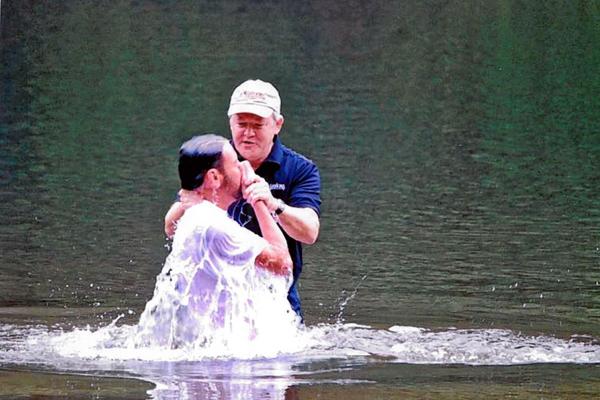Oct 23, 2013
The rite of baptism got big press as Archbishop of Canterbury Justin Welby christened Prince George, a future king of England on Wednesday.
Welby made it a teachable moment for a country where only one in six are baptized. In a YouTube video, he explains that by bringing their son forward for baptism, Prince William and Duchess Catherine are “bringing God into the middle of it all.”
Last month, Pope Francis gave the sacrament a boost when he called a pregnant, unmarried woman to encourage her faith and offered to baptize her baby. While his main message was anti-abortion, his call also reminded Catholics that children of unmarried parents are welcome in the church.
Read the Full Article

Already a subscriber? Login
